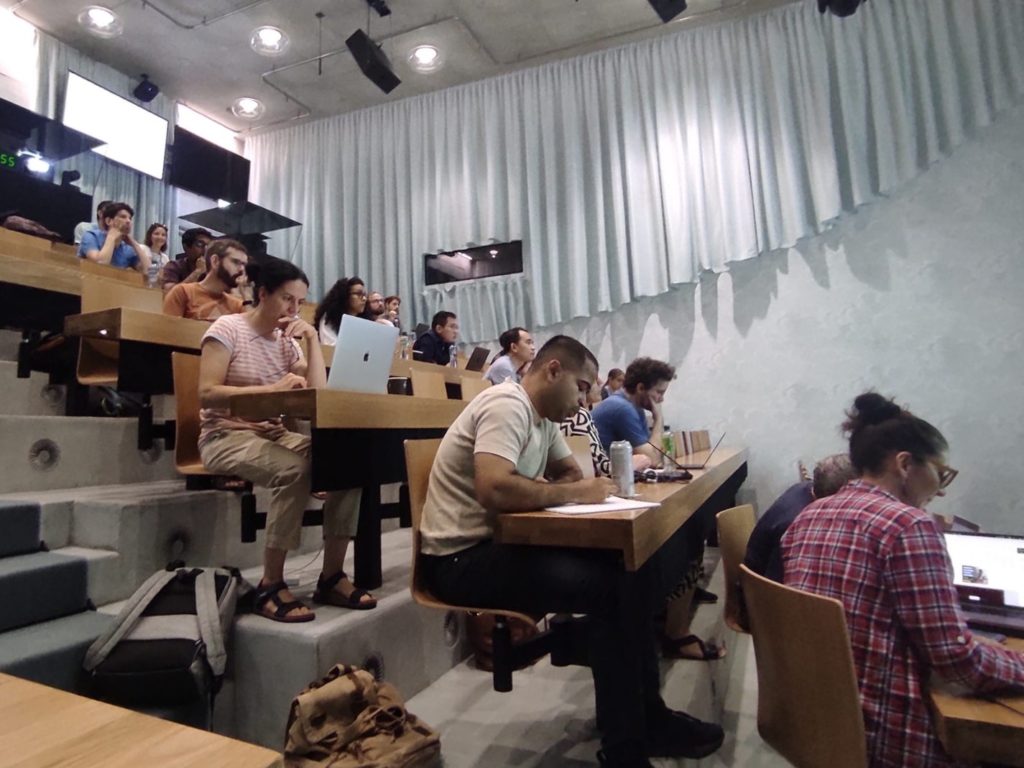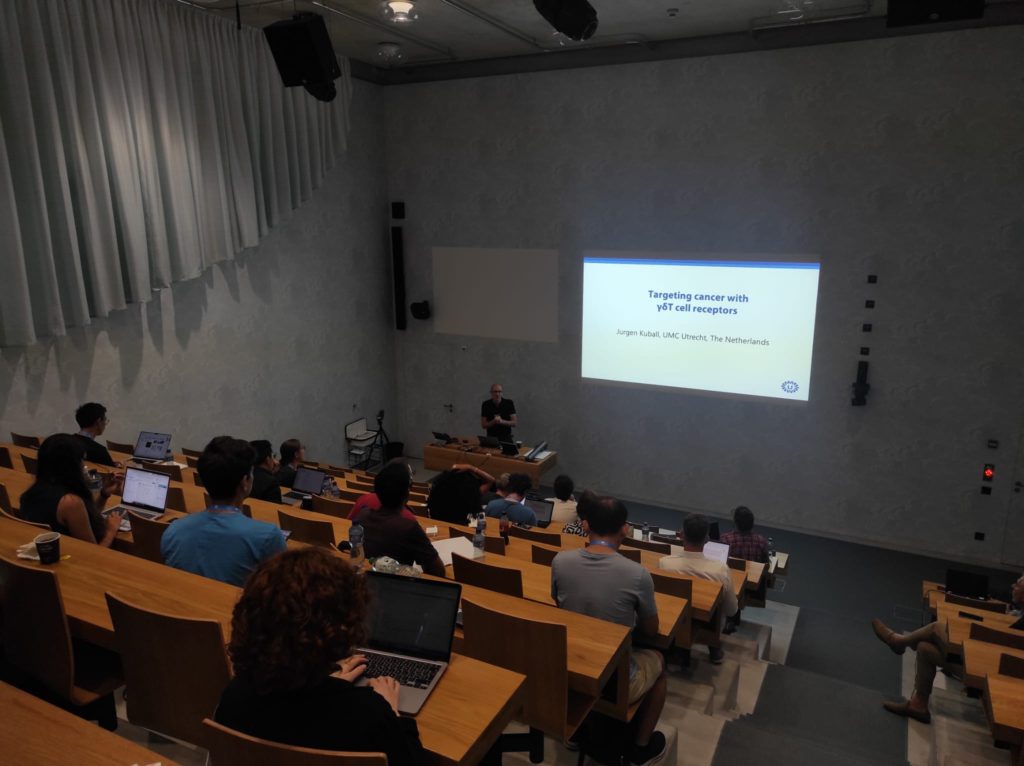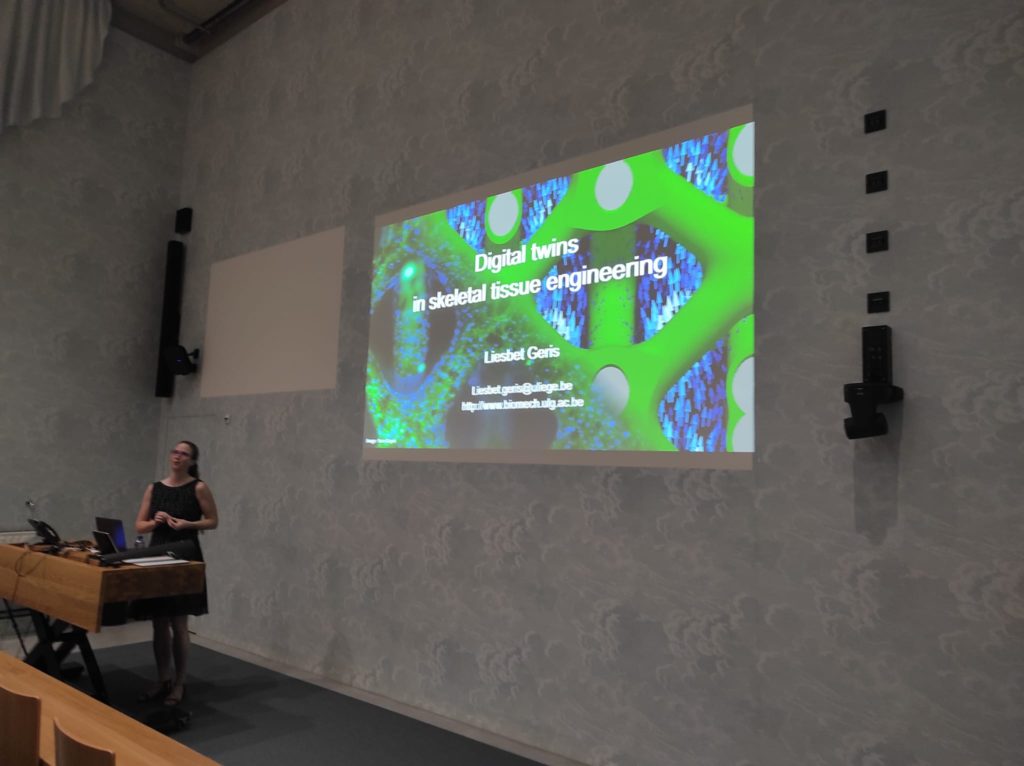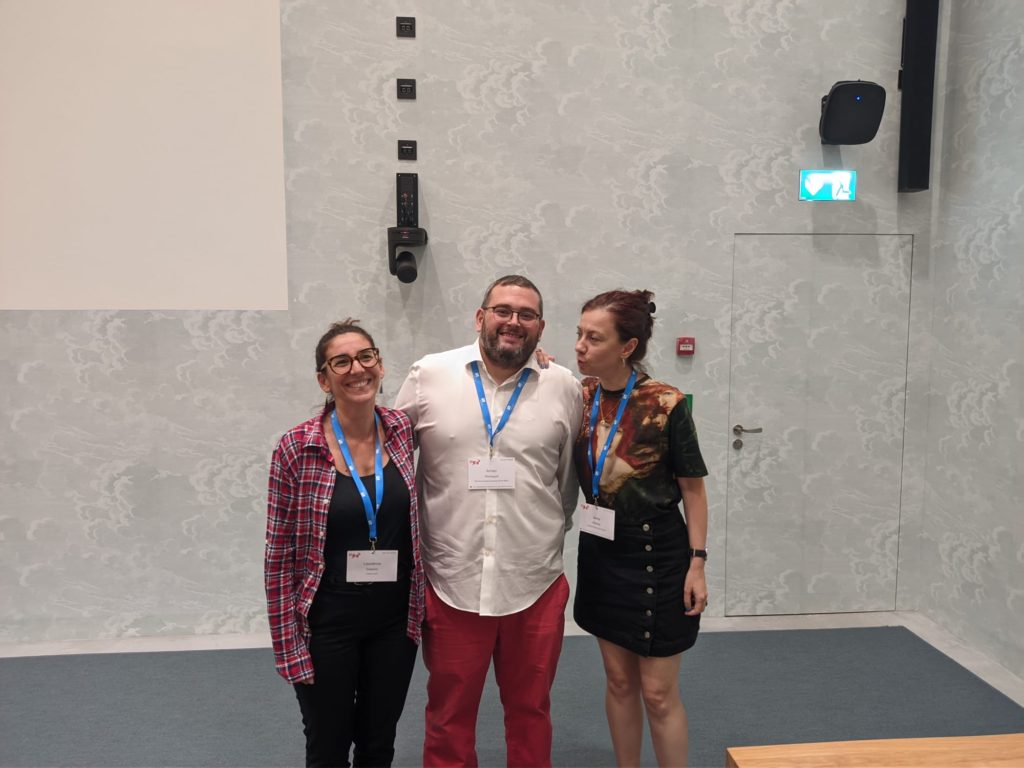The [BC]2 Basel Computational Biology Conference 2023 featured a day of tutorials and workshops on Monday, September 11, 2023. The [BC]2 tutorials and workshops provided an informal setting for participants to learn about the latest bioinformatics methods, discuss technical issues, exchange research ideas, and share practical experiences on focused or emerging topics in bioinformatics.


Tutorials
The tutorials aimed to provide participants with lectures or practical training that covered topics relevant to the bioinformatics field. They offered participants an opportunity to learn about new areas of bioinformatics research, get introductions to important concepts, or develop advanced skills in areas they were already familiar with. The tutorials covered various topics such as single-sell transcriptomics, introduction to spatial transcriptomics data analysis, SQL for data science, making research FAIRer with Quarto, GitHub, and Zenodo, Omnibenchmark (open continuous community-driven benchmarking of computational methods), using the Ensembl REST API to retrieve genome annotation data, and Microbial genomics (from raw data to functional annotations to OpenGenomeBrowser).
Workshops
The workshops encouraged participants to discuss technical issues, exchange research ideas, and share practical experiences on focused or emerging topics in bioinformatics, including Mechanistic and AI digital twins in personalized medicine – two sides of the same coin, and Standardization of single-cell metadata: an Open Research Data initiative.
PerMedCoE’s research team was involved in the workshop: Mechanistic and AI digital twins in personalized medicine – two sides of the same coin



The workshop’s aim was to unite researchers in the digital twins field, addressing data integration and model personalization challenges using various formalisms. It focused on presenting the state of the art and upscaling mechanistic computational modeling with AI-based advances. The message included the idea that digital twins represent an emerging concept in Computational Systems Biology and personalized medicine. Numerous initiatives today demonstrate an interest in creating increasingly complex computational models for virtual patients, revolutionizing Big Data for precision medicine. As computational models multiply, data production grows, and mechanistic and AI-based approaches develop, discussions on challenges and best practices become crucial.





